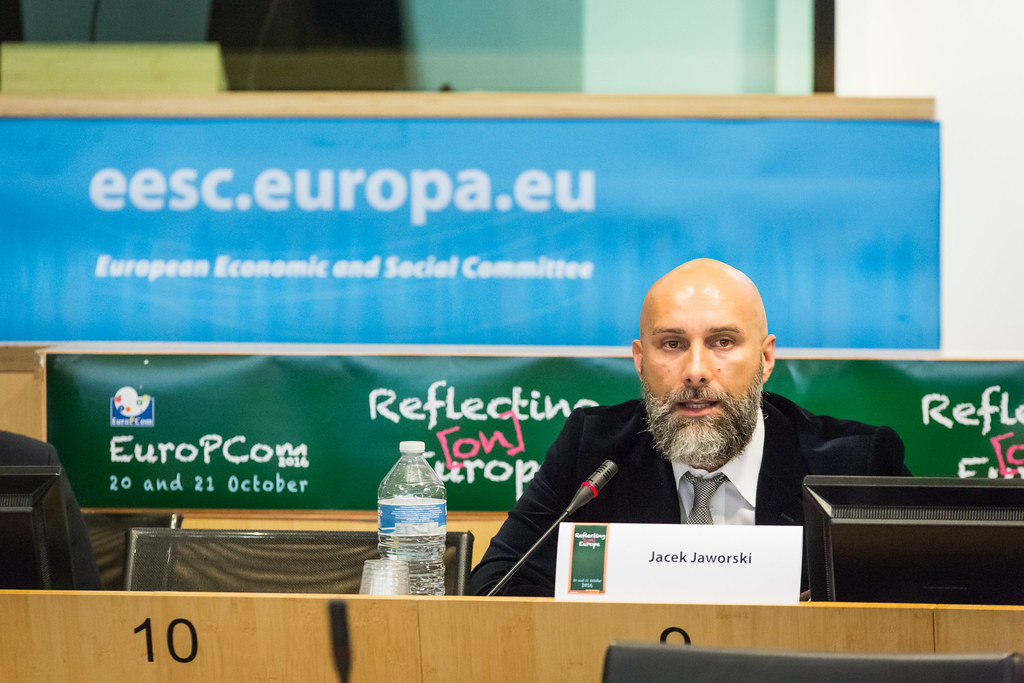Hello there, fellow ethical spenders! I’m glad you stopped by my little corner of the internet, where we’ve been discussing the ins and outs of ethical spending for the past four years. Today, we’re delving into a topic that’s often overlooked but holds significant weight in the world of finance: the moral implications of your investment choices. So grab a cup of your favorite brew, get comfy, and let’s explore this fascinating and sometimes perplexing aspect of ethical living.
Investing is a crucial part of securing our financial futures, but it’s not all about chasing profits. It’s about putting our money to work for causes we believe in and, perhaps, taking a stand against practices that go against our moral compass. As ethical consumers, we’ve come to appreciate the impact of our choices on the world around us, and the world of investing should be no different.
What Are Investment Choices?
Before we dive into the ethical considerations, let’s start with the basics. Investment choices are the decisions you make about where to allocate your hard-earned money with the goal of generating returns. You might invest in stocks, bonds, real estate, or even startups. These investments can yield financial gains, but they also have consequences for society and the planet.

The Ethical Landscape of Investments
Investments are not created equal when it comes to their moral implications. Some investments can support businesses and initiatives that align with your values, while others may contribute to practices that you’d rather avoid. Let’s break it down.
Stocks and Bonds: When you buy stocks or bonds, you’re essentially buying a piece of a company or lending money to it. The moral implications here are clear. If you invest in a company that operates ethically, follows sustainable practices, and respects human rights, your investment can be seen as a vote of confidence in their values.
On the flip side, if you invest in a company with a shady track record, be it in environmental practices, labor rights, or any other aspect that conflicts with your values, you’re essentially putting your money behind those practices.
Example: Imagine you invest in Company A, which is known for its fair treatment of workers and strong environmental policies. You’re indirectly supporting these ethical practices through your investment.
In contrast, if you invest in Company B, which has faced numerous controversies regarding worker exploitation and environmental damage, your investment is contributing to those negative practices.
Mutual Funds and Exchange-Traded Funds (ETFs): Mutual funds and ETFs are like investment baskets that contain a mix of various stocks or bonds. They can be a convenient way to diversify your investments, but they can also be a bit of a moral maze.
These funds often include a range of companies, some of which may align with your values and others that may not. It’s essential to scrutinize the holdings of a mutual fund or ETF to ensure they align with your ethical stance.
Example: You invest in an ETF that tracks socially responsible companies. By doing so, you support a range of businesses that prioritize ethical and sustainable practices. However, some ETFs may include a few holdings that don’t meet your ethical criteria, so research is key.
Real Estate and Crowdfunding: Investing in real estate or crowdfunding projects is another avenue where you can make a significant impact. You can choose to invest in properties or initiatives that promote sustainability, community development, or affordable housing.

Example: You decide to invest in a crowdfunding project that aims to build affordable housing in an underserved neighborhood. Your investment contributes to the betterment of the community, aligning with your ethical values.
Impact Investing: Impact investing is all about putting your money where your heart is. It involves consciously investing in businesses or projects that generate both financial returns and measurable social or environmental benefits. This approach ensures that your money is actively working to create positive change.
Example: You invest in a startup that’s developing innovative, eco-friendly technology. Your investment not only has the potential for financial gain but also supports a company actively working to reduce carbon emissions.
Avoiding Harmful Industries: Some investors choose to steer clear of industries they find morally objectionable, such as tobacco, firearms, or fossil fuels. Divesting from these sectors sends a strong message about your values.
Example: You decide not to invest in any companies associated with the production or sale of tobacco products due to health and ethical concerns. By doing so, you’re making a stand against an industry that conflicts with your values.
Doing Your Due Diligence
Now that you have an idea of how your investments can align with your moral compass, let’s talk about how to make informed choices:
Research, Research, Research: The key to ethical investing is thorough research. Investigate the companies or projects you’re considering, looking for information on their track record in areas that matter to you, whether it’s environmental responsibility, labor practices, or diversity and inclusion.
Seek Out Ethical Investment Opportunities: Look for investment platforms, mutual funds, and ETFs that specialize in ethical or sustainable investments. These vehicles are designed to make it easier for you to invest in alignment with your values.
Consult with Financial Advisors: If you’re unsure about your investment choices, consider consulting with a financial advisor who specializes in ethical investing. They can help you navigate the complex world of ethical finance and tailor a strategy that aligns with your values and financial goals.
Monitor and Adjust: The world of ethics is ever-evolving. Companies can change their practices, and new information can come to light. Regularly review your investment portfolio to ensure it remains aligned with your values.
The Bottom Line
Understanding the moral implications of your investment choices is a vital aspect of ethical living. By aligning your investments with your values, you can have a positive impact on the world while working toward your financial goals. Remember that every dollar you invest is a vote for the kind of world you want to see.
So, as you navigate the world of finance, make sure your investments tell a story you’re proud of. Whether it’s through supporting sustainable businesses, avoiding harmful industries, or actively seeking out impact investments, your money has the power to make a difference. It’s time to invest in a better world, one ethical choice at a time.
Until next time, fellow ethical spenders, happy investing with a conscience!

































